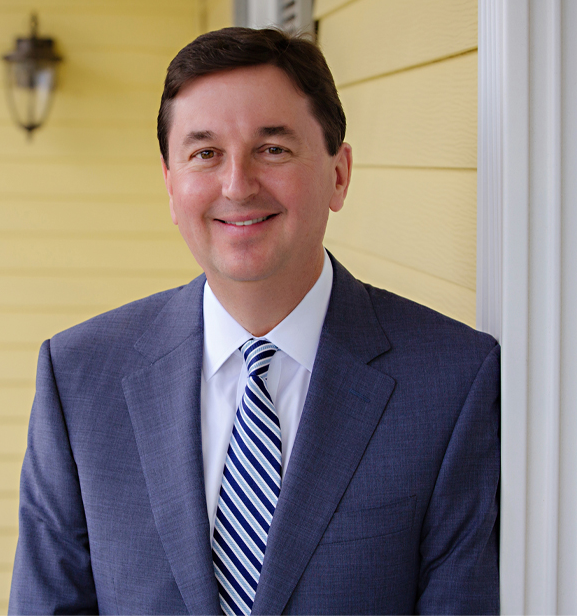Treatments After a Car Accident: Spinal Fusion Surgery
 After a car accident or other type of incident, you may require surgery to repair any injuries. Surgery is always a serious matter, but some surgeries come with more risk and recovery time than others. One of these is spinal fusion surgery.
After a car accident or other type of incident, you may require surgery to repair any injuries. Surgery is always a serious matter, but some surgeries come with more risk and recovery time than others. One of these is spinal fusion surgery.
What is spinal fusion surgery?
Per Panther Creek Surgery Center:
Spinal fusion refers to an orthopedic procedure used to permanently join two or more vertebrae (bones) in the spine. Its main function is to weld the problematic vertebrae together, creating a strong, solid bone as it heals.
Generally, doctors perform this operation to eliminate pain when moving, which is usually caused by instability or deformity in the vertebrae.
Spinal or cervical fusion surgery is also known as “arthrodesis.”
Why would I need spinal fusion surgery?
Doctors recommend spinal fusion for patients suffering from back problems that aren’t responding to more conservative treatments. Common reasons for needing spinal fusion surgery include:
- Degenerative disc diseases
- Spinal stenosis
- Scoliosis
- Kyphosis
- Herniated discs
- Spondylolisthesis
- Fractured vertebrae
- Spinal instability
- Chronic back pain
Panther Creek also notes that “When you have the conditions mentioned above, you may find significant pain relief after a spinal fusion surgery. It may decrease your range of motion or flexibility, but it won’t entirely affect your movements and ability to perform activities.”
What happens during spinal fusion surgery?
Before the surgery, the patient is given general anesthesia to ensure they are unconscious and pain-free during the procedure.
The patient is positioned on the operating table, usually lying face down.
The surgeon makes an incision over the affected area of the spine. The size and location of the incision depend on the specific type of spinal fusion being performed and the number of vertebrae involved.
Muscles and tissues are gently moved aside to expose the vertebrae targeted for fusion.
A bone graft is often used to stimulate the fusion process. The graft can be taken from the patient’s hip (autograft) or obtained from a donor (allograft). If an autograft is used, the surgeon makes an additional incision to harvest the bone from the hip.
The surfaces of the vertebrae to be fused are prepared. This may involve removing the intervertebral discs and any damaged tissue.
The bone graft material is placed between the vertebrae to promote the fusion process. It acts as a bridge, allowing the adjacent vertebrae to fuse together. In some cases, metal implants such as screws, rods, or plates may be used to provide additional support and stability while the fusion occurs.
Once the bone graft and hardware are in place, the surgeon closes the incision with sutures or staples. A sterile dressing is applied to the incision site.
After surgery, the patient is moved to the recovery room and monitored as they wake up from anesthesia.
Physical therapy and rehabilitation is typically recommended to help the patient regain strength and mobility.
What challenges might I face during recovery from spinal fusion surgery?
Because spinal fusion is such a serious procedure, patients may encounter various challenges during the healing process. These include:
- Post-surgical pain and discomfort
- Limitations on certain activities (like heavy lifting or high-impact sports)
- Need for assistive devices
- A healing period that could last months or years
- Nerve damage or irritation
- Muscle weakness
Panther Creek notes “Overall, spinal fusion surgery is a complex procedure that requires careful consideration of the risks and benefits. Proper preoperative planning, a skilled surgical team, and diligent postoperative care are essential to ensure the best possible outcome for the patient.”
Your doctor may require you to wear a brace after surgery to keep your spine immobile and stable. About six weeks after surgery, you will be able to start physical therapy to assist the healing process.
Compensation for spinal cord injuries
You may need spinal fusion surgery after a catastrophic injury, like a spinal cord injury. As you now know, this surgery can take you out of commission for several weeks or several months. If you suffered your spinal injury in an accident that wasn’t your fault, it is important to seek compensation for your losses. Our Charlotte spinal cord injury attorneys can help.
Compensation may be sought through various avenues:
- Personal injury claims. If the spinal cord injury is a result of another party’s negligence or intentional actions, you may file a personal injury lawsuit seeking compensation for medical expenses, lost wages, pain and suffering, and other damages. Compensation may also cover the cost of adaptive equipment, home modifications, and assistive devices to improve your quality of life.
- Workers’ compensation. If the spinal cord injury occurred in the workplace, you may be eligible for workers’ compensation benefits. These benefits typically cover medical expenses and a portion of lost wages.
- Social Security Disability benefits. Individuals who have sustained a severe spinal cord injury may be eligible for Social Security Disability Insurance (SSDI) or Supplemental Security Income (SSI) benefits. These programs provide financial assistance to those who are unable to work due to a disability.
- Insurance claims. Compensation may be sought through various insurance policies, such as auto insurance in the case of a spinal cord injury resulting from a car accident or homeowner’s insurance if the injury occurred on someone else’s property.
At Price, Petho & Associates, we understand spinal cord injuries and the treatments required to recover from them. Our goal is to ensure you secure compensation for all of your losses, including time lost off work to recover from your surgery. You not only need this compensation to pay for your medical bills and lost paychecks, but you deserve it for your pain and suffering, which can last a long time. To schedule a free consultation, please call our office or complete our contact form today. We have offices in Charlotte, Rockingham, and Rutherfordton for your convenience.

Attorney Doug Petho is the owner and founder of Price, Petho & Associates. His primary focus is the litigation of plaintiff’s personal injury suits, and he has successfully tried hundreds of cases to jury verdict involving car accidents, trucking accidents, pedestrian accidents, slip and fall accidents, and work-related accidents. Contact his office in Charlotte today.
